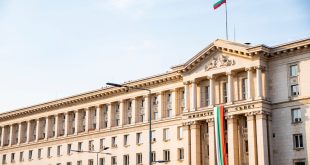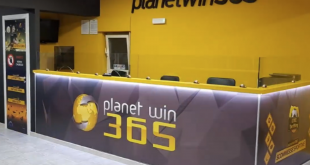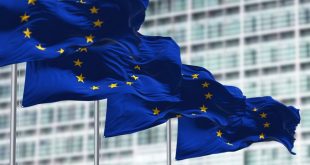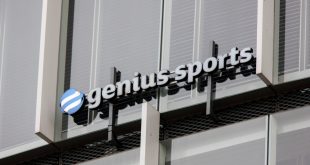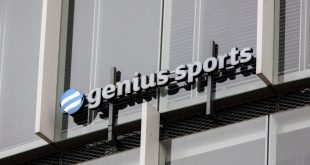
Mark Locke CEO of Genius Sports details why technology aligned with stakeholder cooperation is the greatest asset in combatting match-fixing and sports corruption a subject matter which affects the industry’s long-term growth, consumer appeal and integrity.
The unprecedented growth in the popularity of sports betting around the world is due to different factors that include the rising popularity of OTT sports content, increasingly sophisticated marketing strategies and the massive increase in global demand for live sporting events.
Furthermore, the commercial association between betting and sports has continued to grow with sponsorship, advertising and media revenues from regulated gambling companies, especially in Europe, becoming a significant source of funding for teams, leagues and sports bodies.
Unfortunately, recent high profile media allegations regarding match-fixing have brought into question the relationship between betting markets and the sports themselves – this is a problem the entire industry must continue to act on.
Many of you reading this article have a vested interest in working together to prevent match-fixing and related corruption simply because it threatens your business interests – whether from a sports or bookmakers’ perspective.
By safeguarding the integrity of sporting events, fans are always treated to a fair and transparent game, players have the utmost belief in having a winning mindset, and league representatives should be equipped with information and tools to maintain a clean, honest and exhilarating sport. These attributes should align the sports and betting markets together.
At this week’s Betting on Football Conference, one panel discussion topic asks: Is the betting industry doing enough in the fight against corruption?
The answer to this question is of course that lots of positive activity is happening but the industry can always do more. Sports organisations across the world are becoming increasingly aware and are crying out for technology, education and meaningful data to help sports governing bodies, leagues, players and match officials to address the problem. Who better to provide this than the betting industry?
Some sports are clearly ahead of others with Horse Racing and UK Football embracing cutting-edge sports integrity monitoring technology and educational programmes.
Further afield in the US, Major League Baseball (MLB) is taking proactive steps and adopting solutions to deter any potential problems despite the fact that across most of the US sports betting remains illegal. This is an example of a sport recognising the global nature of the betting industry.
Despite these efforts it is it would not be unfair to say that all the stakeholders in this area are somewhat disparate. This brings us to the bigger picture, where we believe that a trend that is likely to develop is that regulators, particularly in new markets will play a much larger role. The premise being that a secure legal framework for sports betting cannot exist without the regulators taking ownership for ensuring the sports themselves are protected.
If we take the debate in the US as an example, safeguarding the integrity of sports is the primary factor in the ongoing debate – the concern being that as it stands the vast amount of money wagered on US sports in the illegal US market may at some point in the future threaten this integrity.
Historically US sports have opposed the expansion of legal wagering, claiming it would undermine the integrity of their sporting events. However more recently, NBA Commissioner, Adam Silver, has advocated for bringing sports betting “out of the underground and into the sunlight where it can be appropriately monitored and regulated”.
It is much too early to know how the debate in the US will play out but rolling this forward its possible to envisage a structure where sports, regulators and regulated bookmakers work in much greater harmony in the fight against corruption. We see an intelligent model wherein all officially sanctioned data and wagers placed with licenced operators passes through a centralised technology hub. This would allow all wagers to be time-stamped and validated, and wagering activity would be monitored on a second-by-second basis, with any anomalies identified in real-time monitoring of wagering patterns.
We see an intelligent model wherein all officially sanctioned data and wagers placed with licenced operators passes through a centralised technology hub. This would allow all wagers to be time-stamped and validated, and wagering activity would be monitored on a second-by-second basis, with any anomalies identified in real-time monitoring of wagering patterns.
These robust integrity measures would ensure that the sports on which customers wager remain beyond reproach and that public confidence in sporting contests remains unchallenged. And as I mentioned above, this close relationship between sports and betting, in turn allows the commercial deals between the regulated betting industry and sports organisations to flourish further.
It is our view that until this type of regulation is cemented in place, then the industry will always leave a door open for continued integrity concerns – a situation that is beneficial for neither the sports nor the betting industry.
_______________________
Mark Locke – CEO – Genius Sports


